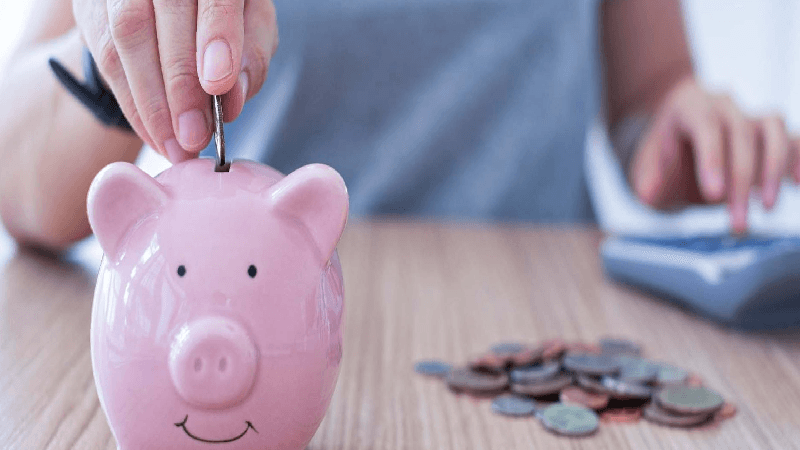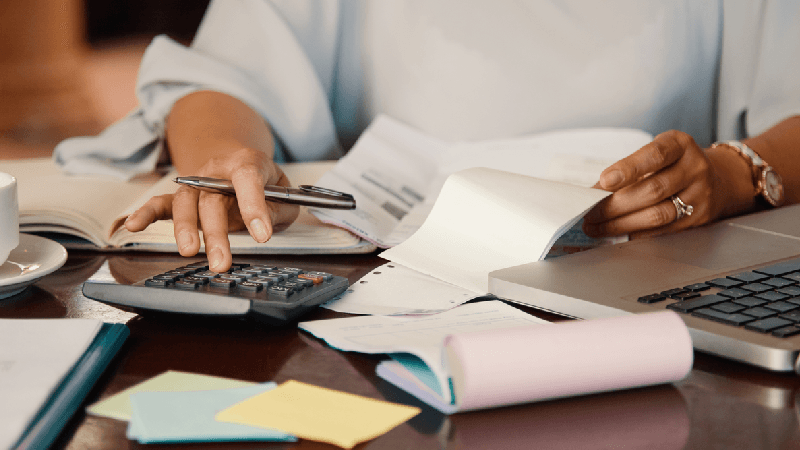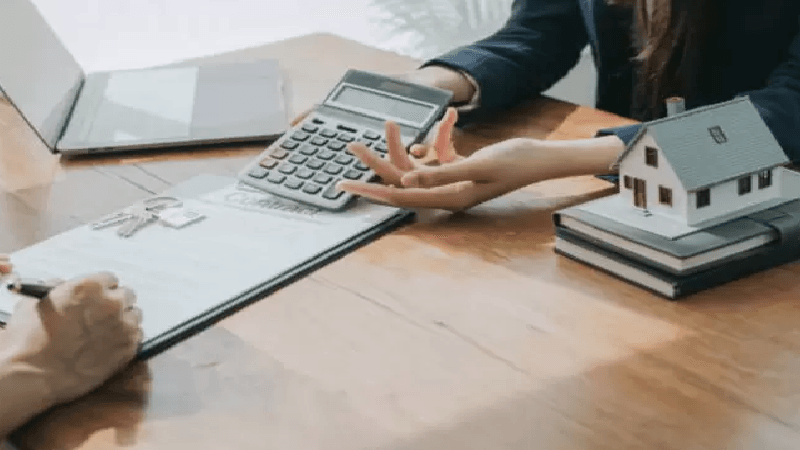
Nowadays, the proper management of personal finances has become a priority for many people. The global economic situation and financial uncertainty in many countries have led more and more people to seek tools and strategies to improve their financial situation.
In this sense, adopting healthy financial habits can be of great help to achieve good financial stability. In this article we will present 10 habits that will help you strengthen your personal finances.
Keep a budget
The first step to healthy personal finances is to maintain a budget. This means having a detailed plan of income and expenses for each month. To start, make a list of all your monthly income and then a list of all your expenses, including fixed expenses (rent, utilities, loans) and variable expenses (food, entertainment, clothing).

Then, track your expenses during the month and compare to your budget. If you notice that you are spending more than you expected in any category, adjust your budget for the next month. Keeping a budget will help you avoid unpleasant surprises at the end of the month and allow you to have better control over your personal finances.
Save regularly
Saving regularly is one of the most important financial habits you can adopt. This will not only help you have an emergency fund, but also help you meet your long-term financial goals. Try to save at least 10% of your income each month and make it automatic, through automatic transfers from your checking account to your savings account.
Avoid unnecessary debt
One of the biggest obstacles to strengthening your personal finances is unnecessary debt. Avoid the temptation to buy things you don't really need or can't afford. Learn to live within your means and establish a monthly budget that allows you to cover your essential expenses and save a percentage of your salary.
If you have outstanding debts, create a payment plan to pay them off as soon as possible and avoid accumulating interest and additional charges. If you feel you cannot handle them on your own, seek professional help to find viable solutions.
Remember that debt can affect your credit score and limit your future financial options. So take steps now to avoid falling into the never-ending cycle of unnecessary debt.
Control your daily expenses
One of the most important financial habits is to keep track of your daily expenses. To do this, you can use a mobile app or keep a paper diary.
Write down everything you spend, from big expenses like rent or car payments to small ones like morning coffee. At the end of the month, you'll be able to review your spending and see where you can cut back. Tracking your daily expenses will help you get a better idea of how much money you have available to save and invest. It will also allow you to make better financial decisions and avoid getting into debt beyond your means.
Invest in your future
One of the most important financial habits you should adopt is to invest in your future. Making sure you have a savings plan and an investment strategy will allow you to reach your long-term goals and ensure a stable financial future.
Whether you are young or old, it is always a good time to start investing. You can start with small amounts and do it steadily. The important thing is to start this habit and be disciplined to achieve your goals.

Remember that there are different investment options, from traditional time deposits to the stock market. Research the options and analyze which one is the best for you according to your needs and investment profile. Don't wait any longer, start investing in your future today and ensure the financial stability you want for you and your family.
Look for new sources of income
An effective way to strengthen your personal finances is to look for new sources of income. In addition to your primary job, you can consider side jobs that allow you to generate more money.
Some options may include:
- Selling products online
- Offering tutoring or tutoring services
- Doing freelance work
- Investing in the stock market or other financial instruments
- Renting property you own
It is important to remember that any additional source of income must be legal and ethical, and that you should consider your other commitments before taking on any side jobs.
Maintain a good credit history
When applying for loans or credit, it is essential that you maintain a good credit history. This means that you should always pay on time and have no outstanding debts. If you are late in paying or accumulate debts, your credit history will be affected and this will make future credit applications more difficult.
It is also important to check your credit history regularly to make sure there are no errors or incorrect information. If you find any problems, you should correct them immediately.
Don't give up in the face of financial obstacles
Sometimes financial obstacles can seem overwhelming and can make you want to give up. But it's important to remember that these obstacles are only temporary and there are ways to overcome them.
One of the keys to overcoming financial obstacles is to have a positive, proactive mindset. Instead of seeing problems as insurmountable barriers, we should see them as challenges that we can overcome with creativity and determination.
It is also important to be realistic about our finances and seek help when we need it. This could mean working with a financial advisor or looking for online resources to learn more about how to manage our finances.
Finally, it is important to remember that our finances are only one aspect of our life. While it is important to take steps to strengthen our personal finances, we also need to make sure we maintain a healthy balance in all areas of our lives.
Plan and save for the unexpected
One of the most important habits when it comes to personal finance is planning and saving for the unexpected. It is essential to have an emergency fund that can cover unexpected expenses such as a car repair, an illness or a job layoff.
To create this emergency fund, it is advisable to save at least the equivalent of three to six months of monthly expenses. To achieve this, a monthly savings plan can be established and followed rigorously, even if it seems difficult or impossible.

It is also important to regularly review expenses and adjust the budget as needed. In this way, you can identify areas where you are spending more than necessary and make the necessary changes to reduce expenses and increase savings.
Finally, it is advisable to maintain a positive attitude toward saving and financial planning. Although it may be difficult at first, over time these habits will become routine and help strengthen your personal finances.
Seek professional financial advice
While it's important to have healthy financial habits, it's also crucial to seek the guidance of a financial professional. A financial advisor can help you better understand your investment options, plan for retirement and make informed decisions about your finances in general.
Don't be afraid to seek help. A financial advisor will help you reach your financial goals and make informed decisions about your financial future.






